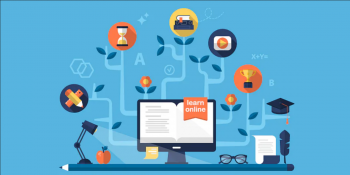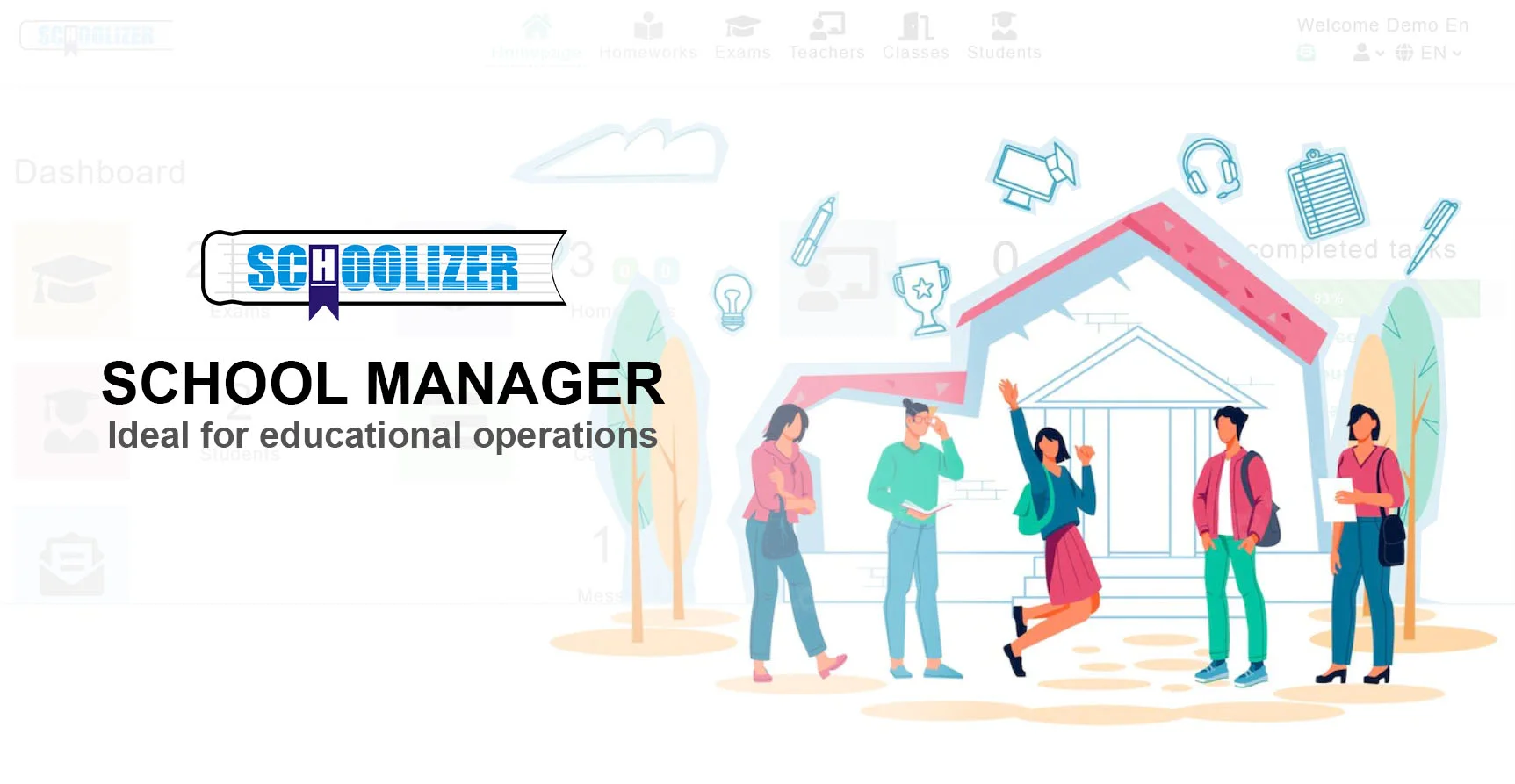Effective Questioning Techniques for Teachers: 10 Tips to Planning Questions

The teacher relies on questions before, during, and after the lesson to explain his lessons, as preparing questions is one of the practical tips for preparing effective lesson questions.
But what are the most effective questioning techniques? And how to plan your questions? In this blog post, we’ll discuss all you need to know about questioning methods.
Let’s dive into the world of lesson planning, and learn the needed steps to prepare your questions.
Read More: The Think-Pair-Share Strategy in Active Learning

How Do I Prepare Questions for My Students?
while questioning methods vary, there are basic steps you need to follow.
1- Pre-lesson Questioning
Think carefully about the questions before starting the lesson:
- Link the questions to your teaching objectives.
- Try to implement both hard and easy questions, as this helps the teacher build the required knowledge.
2- Prepare the scientific content of the lesson
This is very important because preparing the scientific material helps you with the following:
- Linking the questions to the teaching objectives.
- Working on diversifying the levels of the questions.
- Do not limit the question to the lower levels alone.
- Linking the types of questions to the students' characteristics and needs, and the level of the class.
- Arrange the questions logically and sequentially.
- Presenting unexpected questions to solve an exercise or explaining a concept.
- Presenting the appropriate questions at the best time possible.
3- Possessing the skill to modify the questions
This is due to considering the individual differences among the students or changes that may occur in the steps of the lesson or the planned activity.
This requires adapting the questions to suit the student's academic level and following their responses and interactions.
4- Pick important questions
Your questions should form the basis for building the knowledge base. Start with closed questions, also known as convergent questions, to establish a sufficient knowledge base.
Then, proceed to open questions, also known as divergent questions, to reach a higher level.
5. Focus your questions on the lesson's topic
The teacher's analysis and summarization of the lesson's content into a series of progressively more challenging questions is crucial.
As it leads to the construction of the required knowledge base and the achievement of the predetermined educational objectives.
6- Communicate Clearly
Present the questions to the students simply and directly:
- Clearly define what is required.
- Restrict what is required to one item only.
- Use clear and simple phrases.
- Avoid abbreviations and use accurate language.
- The purpose of the question should be clear in the teacher's mind.
- Avoid multiple-choice questions.
7- Try to be Direct
Pose the question and then select the student to answer it, as it benefits you in the:
- Capturing the attention of all students.
- Avoiding group answers.
- Involving both volunteering and non-volunteering students.
- Allowing the participation of a larger number of students.
8- Listen attentively to your students
This is to provide feedback to all students and offer verbal and non-verbal reinforcement using genuine expressions without excessive praise.
9- Be Patient
Give the student a chance to answer before moving on to another student.
This means that the teacher asks the student to reconsider the question, and the question may be restated in simpler terms or broken down into parts.
10- Use wait time
Wait time allows students to think and be creative, and it increases the participation of slower students. Remember that higher-level questions require more time.
11- Avoid the routine of asking questions
A successful teacher varies their tools and methods for asking questions. Many diverse methods and activities can be applied to asking questions.
Read More: Exploring the Most Common Active Learning Strategies.

What are the benefits of preparing questions before class?
There are many advantages to preparing questions, here are 10 benefits that will make you want to prepare your questions:
- Smooth transitions and better classroom management.
- Aligned questions with specific learning objectives.
- Interactive and engaging learning experience.
- Tailored instruction to address specific learning needs.
- Formative assessment tools for gauging student understanding.
- Efficient use of instructional time.
- Encourages reflection for continuous improvement.
- Personalized and differentiated learning experiences.
- Stimulates active participation and discussion.
- Boosts confidence and preparedness for teaching.
Read More: The Importance of Digital Learning.
To Sum Up,
Good questions are an effective way to develop desired attitudes and inclinations, allowing students to discover new ways to engage with scientific material.
In our article, we have provided practical tips for making questions an evaluative tool that achieves the desired goals and value.
Visit Schoolizer to learn more about teaching strategies and how to prepare questions effectively.






